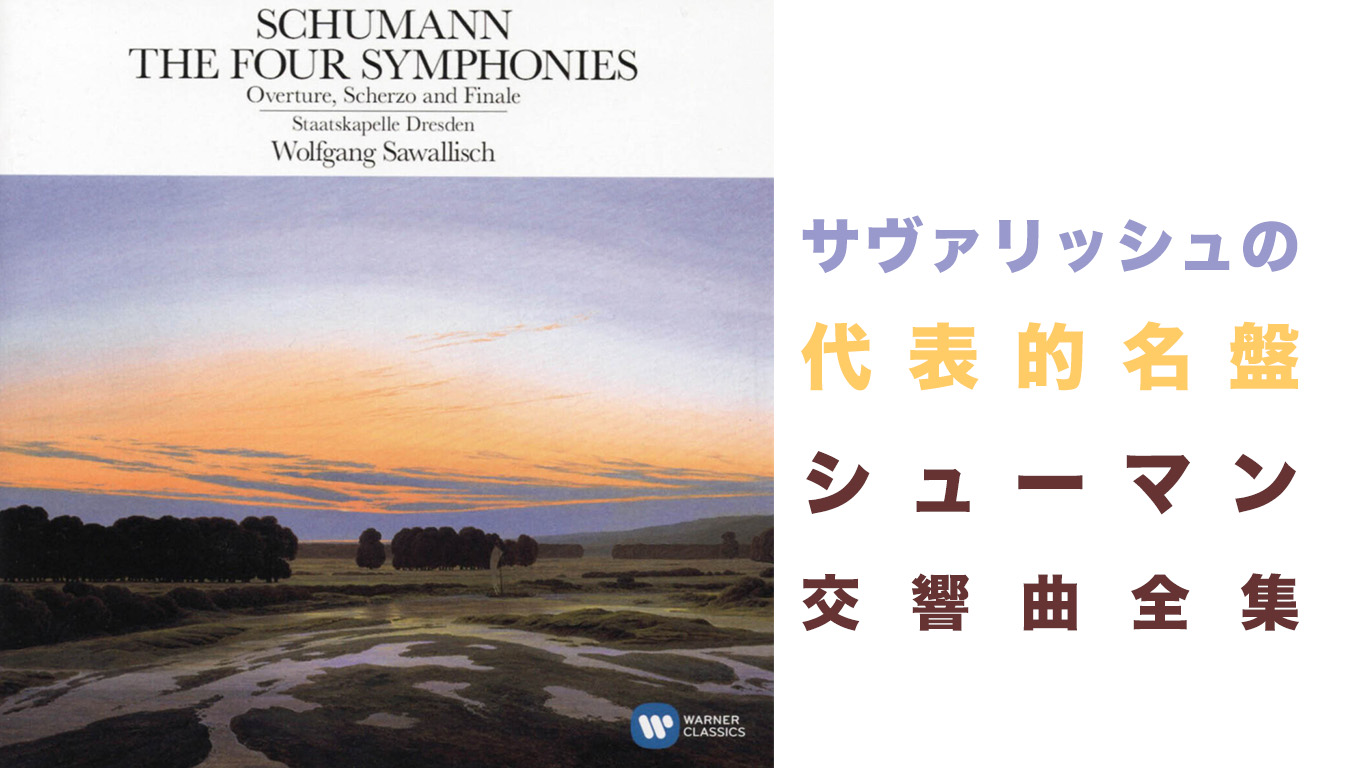The Legacy of Wolfgang Sawallisch: A Maestro's Journey
Wolfgang Sawallisch (1923-2013) was a figure of monumental influence in the world of classical music, renowned for his precise and thoughtful conducting style. Born in Munich, Germany, Sawallisch's journey in music began at a young age, leading him to become one of the most respected conductors of his time.
Sawallisch's early career was marked by a series of notable appointments, including his tenure as the General Music Director of the Cologne Opera and his work with orchestras in Aachen and Wiesbaden. However, it was his nearly two-decade-long association with the Bavarian State Opera that truly defined his career. During this period, Sawallisch nurtured the opera house's reputation for excellence, fostering young talent and presenting innovative productions.
One of Sawallisch's most celebrated recordings is Wagner's "Die Meistersinger von Nürnberg," which he conducted as a farewell to the Bavarian State Opera. This recording is often cited as a testament to the harmonious relationship between Sawallisch and the opera house, encapsulating the shared passion for what he referred to as "our town's opera".
Sawallisch's approach to conducting was characterized by clarity and control, avoiding abstract expressions in favor of a more realistic and meticulously organized musical creation. This approach earned him the trust and admiration of orchestra members and distinguished him from contemporaries like Carlos Kleiber. Sawallisch's interpretations were known for their intelligibility and reliability, yet they also possessed a delicate and passionate sensibility that was uniquely his own.
His debut at the Bayreuth Festival in 1957 with "Tristan und Isolde" at the age of 33 marked him as one of the youngest conductors to lead at the prestigious venue. The maturity of his craft was evident in the 1993 recording session of "Die Meistersinger," where his mastery over Wagner's work shone through in a performance that was both meticulous and quintessentially Sawallisch.
Sawallisch's performances were sincere and organically connected literature and music, differing from the enchanting style that could sweep audiences into a whirl of ecstasy. His interpretation of Wagner offered a different kind of allure, one that might divide opinions but was never cold or indifferent. Instead, his conducting was marked by a restrained yet rich emotional depth, a clarity befitting the comic opera genre, and a remarkable ability to delineate the characters' personalities through music.
The singers under Sawallisch's baton were among the best of their time, with notable performances by Bernd Weikl as Hans Sachs and Ben Heppner as Walther, whose powerful and romantic vocal delivery was particularly noteworthy. The cast, including Cheryl Studer as Eva and Thomas Allen as Beckmesser, contributed to a recording that remains a recommended choice for Wagner enthusiasts.
Sawallisch's understanding of opera as a comprehensive art form was profound. He skillfully managed the complex demands of working with a large ensemble of vocalists, each with their own musical needs, while also attending to the chorus, limited orchestra rehearsals, stage rehearsals with directors, and ballet practices. The success of a production like "Die Meistersinger," which can exceed five hours in performance, hinged not only on musical excellence but also on the harmonious relationships among all participants.
In his later years, Sawallisch openly discussed the complexities of his work, yet he managed to navigate these challenges without conflict, a rarity among maestros. His legacy is not only in the recordings he left behind but also in the example he set as a conductor who balanced the rigors of his craft with a deep respect for the collaborative nature of opera.
For those who wish to explore Sawallisch's artistry further, his performances are available for viewing, such as the one found on YouTube, offering a glimpse into the maestro's profound impact on the world of classical music.
![]()
![]()
![]()


